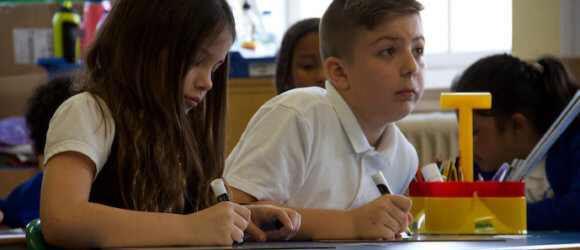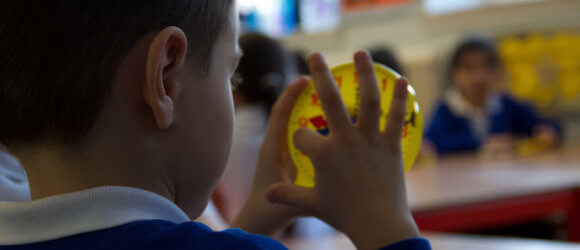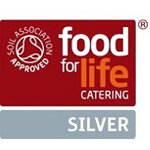Parents & Carers
NEW PARENT PORTAL AND APP
We have a new Management Information System (MIS) at Highfield called Arbor. This is where we keep all our parent, pupil and staff details and where we can communicate and organise any payments etc.
Arbor is now ready for all parents to log in and set up their accounts. You will be able to see some basic details about your child and there is also a new way to update your details (e.g. telephone number etc.) when needed. This is also where you will see clubs, trips, consents in future. This will also be used for the next Parents evening booking.
Parents have two choices, the Arbor portal which is a web-based portal, or you can download the Arbor app which may be better if you are on the go and also want to receive push notifications to your phone. Parents who have parental responsibility have access to their child’s account.
If you want to use the Arbor App, to set up your account then download the app from your phone (e.g. Apple, Play store etc.) and log in with your email and the new password you have set up.
Go to https://login.arbor.sc/
Arbor have a useful page with a quick Introduction – click here
You will receive an email with the login instructions.
Parents can enable push notifications when installing the Parent App on their phone, which means they’ll be notified when they’ve been sent a new in-app message (whether they’re logged in or not)
HOW CAN PARENTS AND CARERS HELP?
We are always keen to welcome parents and carers into school life. Previously parents have helped with a range of activities such as reading with children, helping out in class, participating in games, sewing and cooking etc. Additionally, we always welcome parents into school to share with classes what they do professionally as encouraging our children to have high aspirations is important to us here at Highfield.
In order to safeguard our children, we will require all parent volunteers to be DBS checked. You can speak with Ms Fusco (Reception) who will be able to discuss volunteering options with you and direct you as to how to get a DBS.
COMMUNICATION WITH PARENTS AND CARERS
All staff at Highfield endeavour to establish good relationships with all parents and carers. If you have a concern regarding your child then please contact their Class Teacher to make an appointment to speak with them either on the phone or in person – You can do this by emailing office@highfield-pri.enfield.sch.uk If you require further support then please arrange to speak to the Phase Leader or a member of the Senior Leadership Team. This can also be done by emailing the School Office.
Supporting your child’s learning
There are many ways in which you can support and encourage your child to do well at school. This may include:
- Play with and talk to your child. Ask them about their day, what they did and what they enjoyed. Talk to your child as much as possible. It is very important to talk in your own ‘mother-tongue’, even if this is not English. This will enhance your child’s capacity to learn other languages and learn difficult concepts later on in life.
- Read bedtime stories to your child as often as possible. Talk about the pictures and the stories with your child.
- Regularly visit your local library and select fun books to read with your child.
- Limit the amount of time your child watches television. Research has shown that children who watch a lot of T.V. have a less developed vocabulary and do less well at school.
- Take your child to parks and museums. They are free, and are great fun!
- Make sure your child gets enough sleep. Children up to 10 years may still need up to 10 hours sleep a night.
- Support your child with their homework. If you are unsure about a task yourself, please do not hesitate to ask for help at school.
- Make sure your child eats a healthy diet. If your child takes a packed lunch to school, ensure it contains healthy food, such as sandwiches, yoghurt and fruit. As we have Healthy School Status and are committed to healthy eating, we do not allow sweets. Try and avoid crisps, cakes and biscuits in your child’s lunch box on a daily basis.
- Walk to school if possible; ensure your child gets regular exercise.
- Make sure your child attends school every day, unless they are unwell.
- Make sure your child is dressed appropriately for school, this includes a warm coat in the winter and suitable footwear. Sandals and high heels are a health hazard, as is any type of jewellery.
Click here to find the parent information leaflet for Key Stage 1 and 2 National Curriculum tests.









